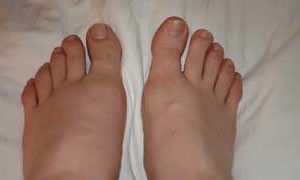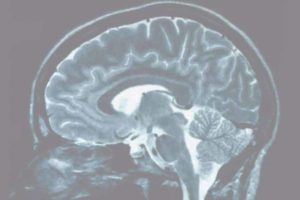boston university school of medicine
Novel mechanism for control of gene expression revealed
(Boston) — Dr. David Levin, Professor of Molecular & Cell Biology at Boston University Henry M. Goldman School of Dental Medicine and Professor of Microbiology at Boston University School of Medicine discovered recently a novel, evolutionarily con…
BUSM study shows chemoradiotherapy prior to surgery improves survival
Researchers from Boston University School of Medicine (BUSM) have found that patients with node negative T3 and T4 non-small lung cancer who underwent chemotherapy before surgery had more than three times the survival rate than patients who only und…
Researchers find vitamin D absorption is diminished in patients with Crohn’s disease
(Boston) — Researchers from Boston University School of Medicine (BUSM) have for the first time shown that reduced vitamin D absorption in patients with quiescent Crohn’s disease (CD) may be the cause for their increased risk for vitamin D defi…
Drugs for hair loss and BPH may result in loss of libido, ED in men
(Boston) — Researchers from Boston University School of Medicine (BUSM), in collaboration with colleagues at Lahey Clinic and from Denmark and Germany, have found that 5a-reductase inhibitors (5a-RIs), while improving urinary symptoms in patients …
Porphyromonas gingivalis accelerates inflammatory atherosclerosis in a mouse model
Atherosclerosis is the leading cause of death in the developed world. While a number of risk factors for atherosclerosis have been defined, scientists continue to study other possible risk factors for this disease. Recent epidemiological and expe…
Researchers measure quality of care in oral anticoagulation
(Boston) – Researchers from Boston University School of Medicine (BUSM) and the Bedford VA Medical Center believe that risk-adjusted percent time in therapeutic range (TTR) should be used as part of an effort to improve anticoagulation control and…
BUSM researchers uncover cellular mechanism responsible for chronic inflammation, Type 2 diabetes
(Boston) — Researchers from Boston University School of Medicine (BUSM) have demonstrated that certain T cells require input from monocytes in order to maintain their pro-inflammatory response in people with type 2 diabetes (T2D). The study also s…





